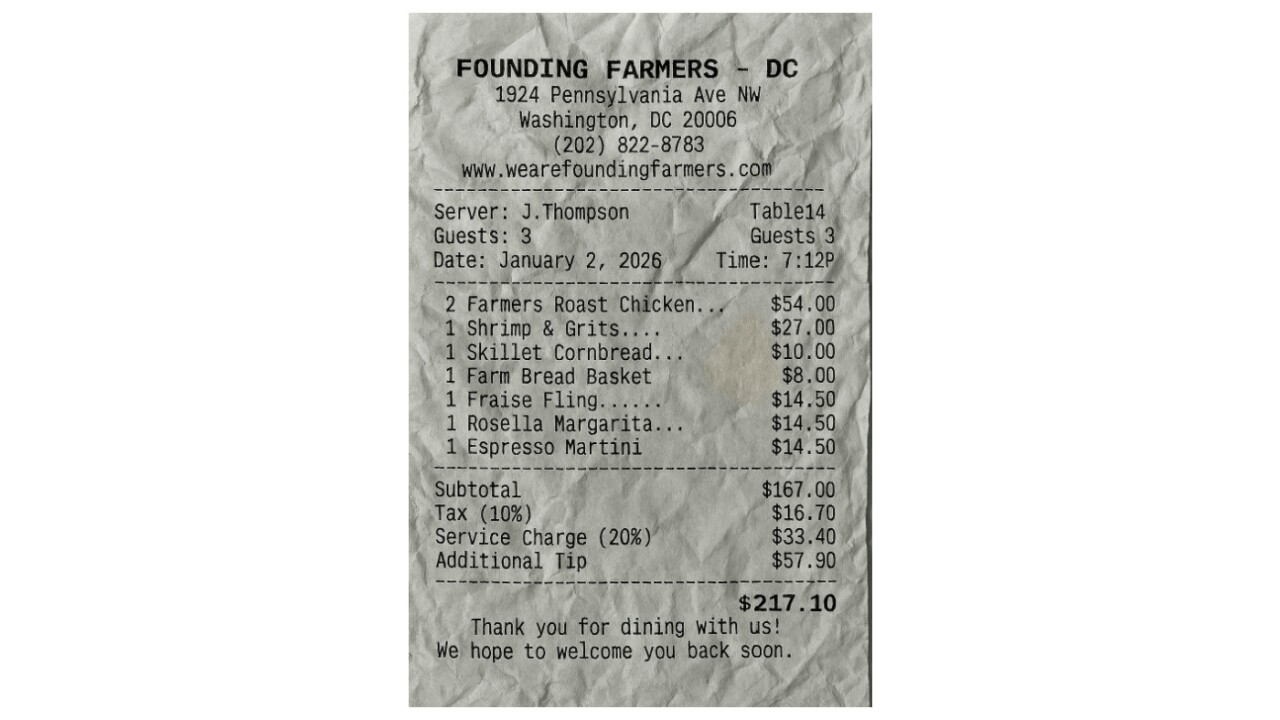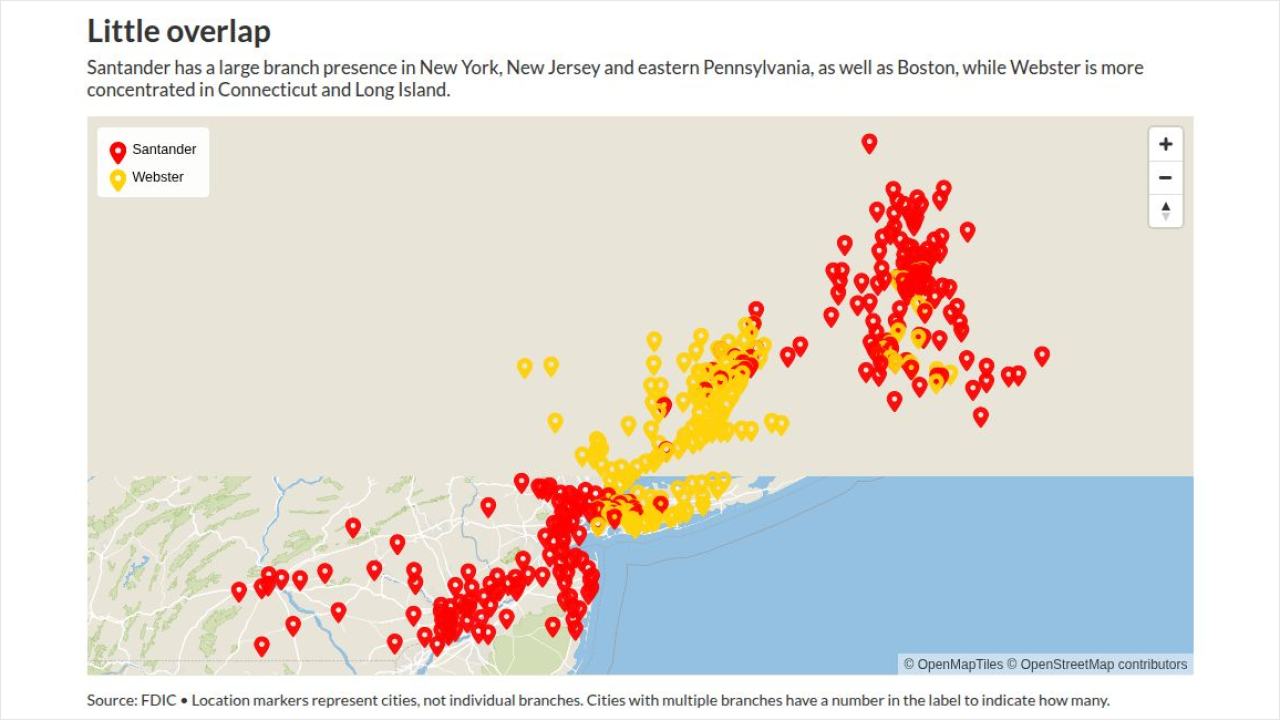Reaching the unbanked has become more important than ever, as methods of payment are shifting.
In the past, it wasn’t uncommon for people to get paid in cash for their work. But as companies and employers shift to digitized payments, such as direct deposit and ACH transfers, employees who previously got paid in cash need to find other ways to receive their payments.
More than 7 million Americans fall into the "unbanked" category, meaning they don’t have a checking or savings account at a bank or credit union, according to the Federal Deposit Insurance Corp.
People who are unbanked or underbanked tend to use alternative (and more costly) forms of financial services, such as check-cashing stores, payday lenders, and money orders to handle their monetary needs.
Considering that there are still huge segments of society that lack a formal bank account, one of the best solutions for this is through the accessibility that technology provides. Another thing to consider is that financial inclusion will also play an important role in the new economy once the current pandemic is over.
The use of open APIs that enable third-party developers to build applications and services around the financial institution will provide financial transparency options for account holders ranging from open data to private data.
During the wave of fintech innovation that has occurred over the past decade or so, innovators have been able to make do without meaningful access to the financial data and processing ecosystem. Most of the value in North America has actually been created through elementary tricks such as screen scraping, as opposed to the nationwide open banking programs that are seen in other countries.
There have recently been a wide range of market-driven initiatives to build a platform for a North America version of open banking, and we are seeing those advances happen more rapidly.
Following a year plus of living in a digital-first world, the next wave of innovators in America are keen to create new disruptive innovations. The better the building blocks we can provide for them, the faster they will be able to contribute to our collective economic recovery through increased financial inclusion through more affordable solutions.
Open banking requires customers to provide consent before a bank can expose their data, thereby putting the customer in control. Being transparent helps build a stronger relationship between all stakeholders in the ecosystem.
Initiatives like open banking would help unlock this type of data for consumers and let them share it with other potential lenders. These solutions will also remove the technical burden for under banked users and eliminate the need for them to have access to a computer (they can carry out most of their banking transactions using a mobile phone).
The way to challenge the current situation is to allow innovation and inclusion without putting up unnecessary obstacles. That means regulators must urgently usher the unbanked or underbanked individuals into the wider financial ecosystem as they continue to craft open banking rules. The pandemic has highlighted how crucial it is for regulators and merchants to support payment methods that can be accessed by those who do not have traditional bank accounts.





